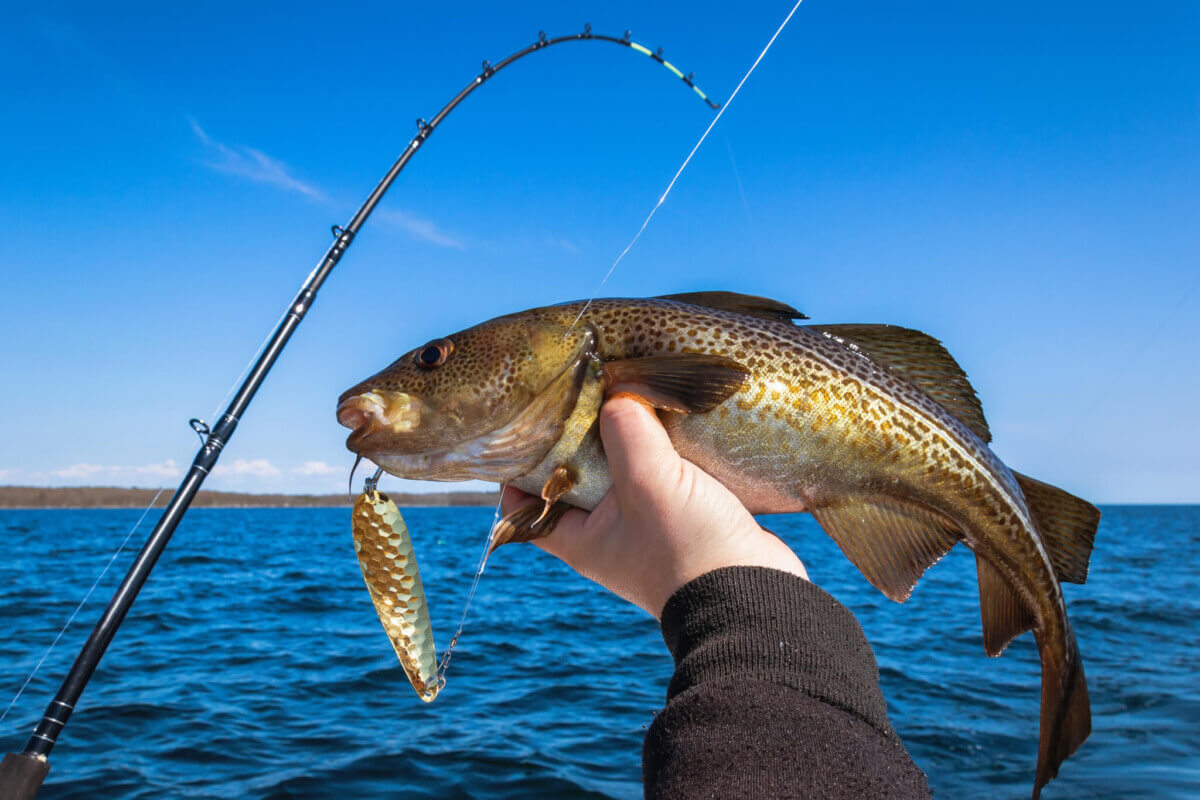
(© Piotr Wawrzyniuk - stock.adobe.com)
RIVERSIDE, Calif. — Catch-and-release fishing is seen as a more humane way to enjoy the sport by many, but a study by biologists at the University of California, Riverside finds that injuries caused by hooks in fish actually hinders their ability to feed.
Many fish commonly caught and then released recreationally — such as bass, trout, and salmon — eat by rapidly expanding their mouths, generating suction, and causing the fish's much tinier prey to get trapped. This process is called suction feeding. The researchers wanted to find out if a hole in the mouth caused by a fishing hook would affect this suction effect.
“The suction feeding system is somewhat similar to how we drink liquid through a straw,” explains study co-author Tim Higham, an associate professor of Evolution, Ecology, and Organismal Biology at the school, in a release. “If you poke a hole in the side of your straw it's not going to work properly.”
For the study, Higham and his team studied 20 shiner perch caught near the Bamfield Marine Sciences Centre in Canada. Ten of these fish were caught by a traditional fishing rod with hook, while another 10 were caught using a net. After each fish was caught, they were transported immediately to the marine station, where the research team captured their feeding performances using high-speed cameras. All fish involved in the experiment were returned to the wild afterwards.
“As we predicted, the fish with the mouth injuries exhibited a reduction in the speed at which they were able to draw prey into their mouths,” says Higham. “This was the case even though we used barbless hooks, which are less damaging than barbed hooks.”
Higham says that more research is needed to fully understand the impact of catch-and-release fishing, but there are clear consequences to this method of fishing that weren't fully realized before.
“Although we don’t yet know how/if this reduction in feeding performance would affect fitness and survivability in nature, we can say that fishing-induced injuries impact the fish’s ability to feed while the mouth is healing,” he concludes. “This study emphasizes that catch-and-release is not as simple as removing the hook and all being well, but rather is a complex process that should be studied in more detail.”
The study was published in the Journal of Experimental Biology.










